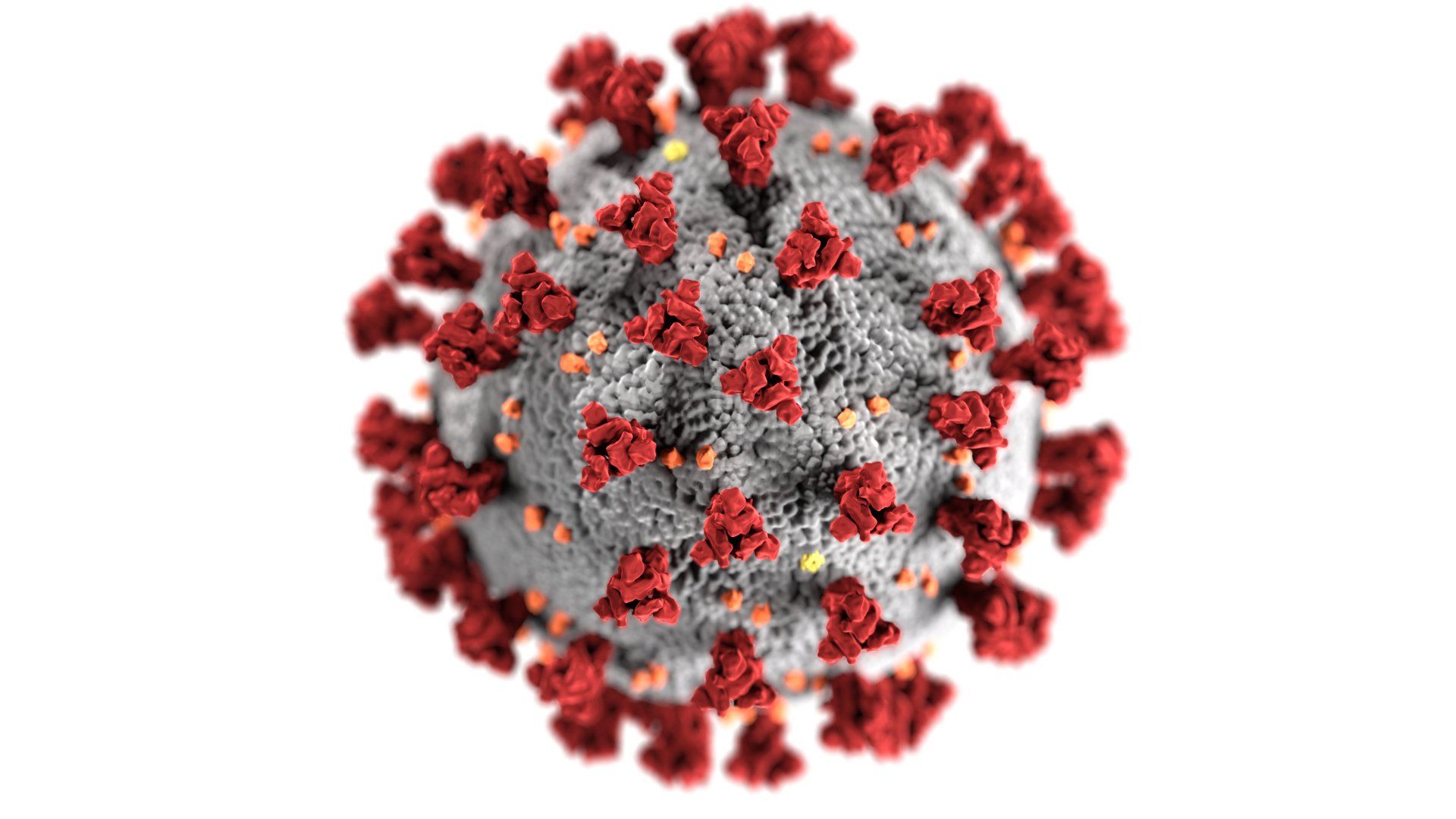Protecting Your Pet from Heartworm Disease
Article submitted by Tara Monahan
Written for Seville Wadsworth Veterinary Clinic
In our region of Ohio (Seville, Wadsworth, Rittman, Creston, Medina, etc), insects can be both a nuisance and a problem. Though it may be hard to admit, insects have a purpose. For the most part they can be very annoying, but did you know that they can also be harmful to people and animals?
One insect that causes us concern in regards to our pets is the mosquito. Mosquitoes can be carriers of heartworm larvae. When transmitted to your pet, heartworm can cause serious complications and eventually results in death of your dog or cat.
When a female mosquito that is infected with the parasite Dirofilaria immitis, bites your dog, the infective larvae enter your dog’s bloodstream and grow into adult heartworms. More than 20 species of mosquitoes are known to spread heartworm. These mosquitoes carry the infected larvae for miles, even transmitting the disease from wild animals (such as coyotes) to dogs and cats. It takes a little over six months for the infective larvae to mature into adult worms that may live for five to seven years. Heartworms live in the right side of the heart and the arteries of the lungs, causing inflammation and interfering with blood flow. This leads to blood clots in the lung and congestive heart failure.
Here are the answers to questions that we commonly hear about heartworm disease:
Is heartworm contagious from dog to dog?
No, heartworm can be transmitted from dog to dog only by the bite of a mosquito carrying the infective stage of the larvae.
Can my cat get heartworm disease?
Yes, but for once it is a benefit to be imperfect. Cats are susceptible but are imperfect hosts to heartworm. This makes cats more resistant to infection than dogs.
My dog only goes outside to go to the bathroom, is he/she still at risk?
Yes, your dog can even be infected indoors. Mosquitoes frequently follow us indoors or squeeze in through cracks in doors or windows.
Do I need to worry about heartworm disease during the fall and winter months?
Yes, mosquitoes infected with heartworm can still be found when the weather becomes colder. In addition, Ohio is prone to mild winters, which allows mosquitoes to be more prevalent.
How do I know if my dog has heartworm disease?
A simple blood test can be done at your veterinarian’s office with results in about 15 minutes. The test that we use also tests for some tick-bourne diseases, such as Lyme disease.
When should heartworm testing be done?
Annual testing is the best way to have peace of mind that your dog is heartworm free. Testing should start when your dog goes to the veterinarian for their one year wellness exam. Any adopted adult dog should be tested right away. Even if your dog is on heartworm prevention every month, it still needs to be tested at least every other year. Testing is also important because giving heartworm preventives to dogs having heartworms can lead to severe reactions that could be harmful or even fatal to the dog.
Can heartworm disease be treated?
Yes, heartworm disease can be treated. The outcome of the treatment depends on the overall health of the dog and the stage of the heartworm disease. The treatment involves a series of injections which kill the heartworms. Cage rest or limited exercise is vital during treatment to prevent injury to the heart and lungs. Repeat heartworm testing and blood work are required to monitor the dog’s progress and health. This treatment is painful for the dog and very costly for the owner.
How can I prevent my dog from being infected with heartworm disease?
Giving your dog monthly heartworm prevention all year round and testing for heartworm disease are the best ways to keep your dog heartworm free. Heartworm prevention is a prescription medication that comes in oral tablets (Heartgard Plus, Iverhart Max, Trifexis , Interceptor and various others) that are given monthly or an injection (Proheart 6) that is given every 6 months. Giving the heartworm prevention on the same day every month is best, so make sure to mark it on your calendar. A single missed dose could put your dog at risk. Injectable heartworm prevention must be administered by a veterinarian. Prevention is a fraction of the cost of treatment and is much easier on your pet. Seville Wadsworth Veterinary Clinic carries several of the more commonly recommended heartworm preventatives, including the 6 month injection (Proheart 6).
Why do I need a prescription for heartworm medication?
Heartworm preventives are “legend” drugs, which by federal law require a prescription. A veterinary-client-patient relationship must be established before a prescription can be written.
For more information, check out our links page or click on the hyperlinks that we have embedded above. You may also search "Heartworm disease" in the search tab.
Only a veterinarian can truly ensure that your pet is getting optimal protection from heartworm disease. Call our office if you have further questions or concerns about your dog’s heartworm testing and prevention needs. We are always available and happy to answer any questions or concerns that you may have about your pet.











